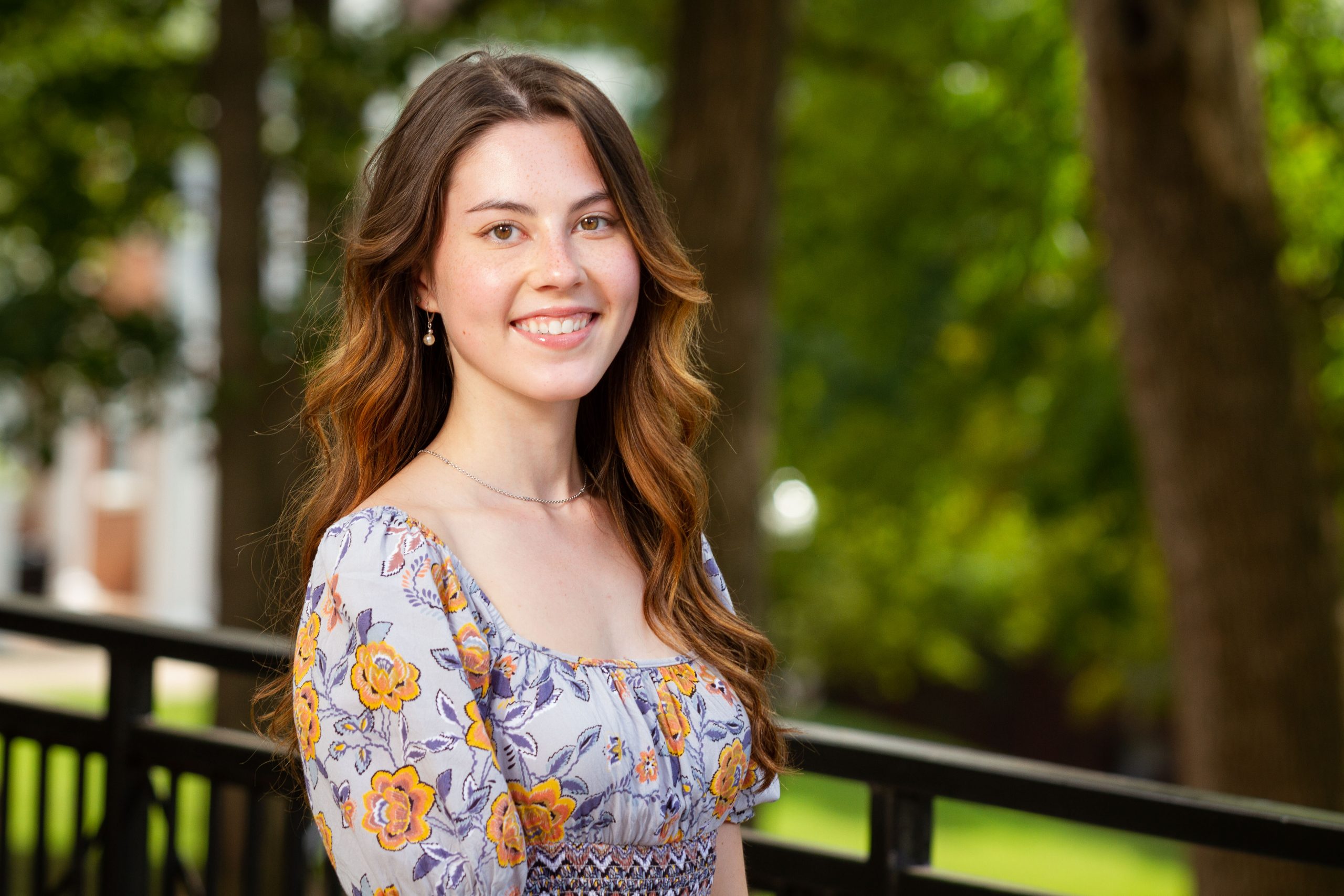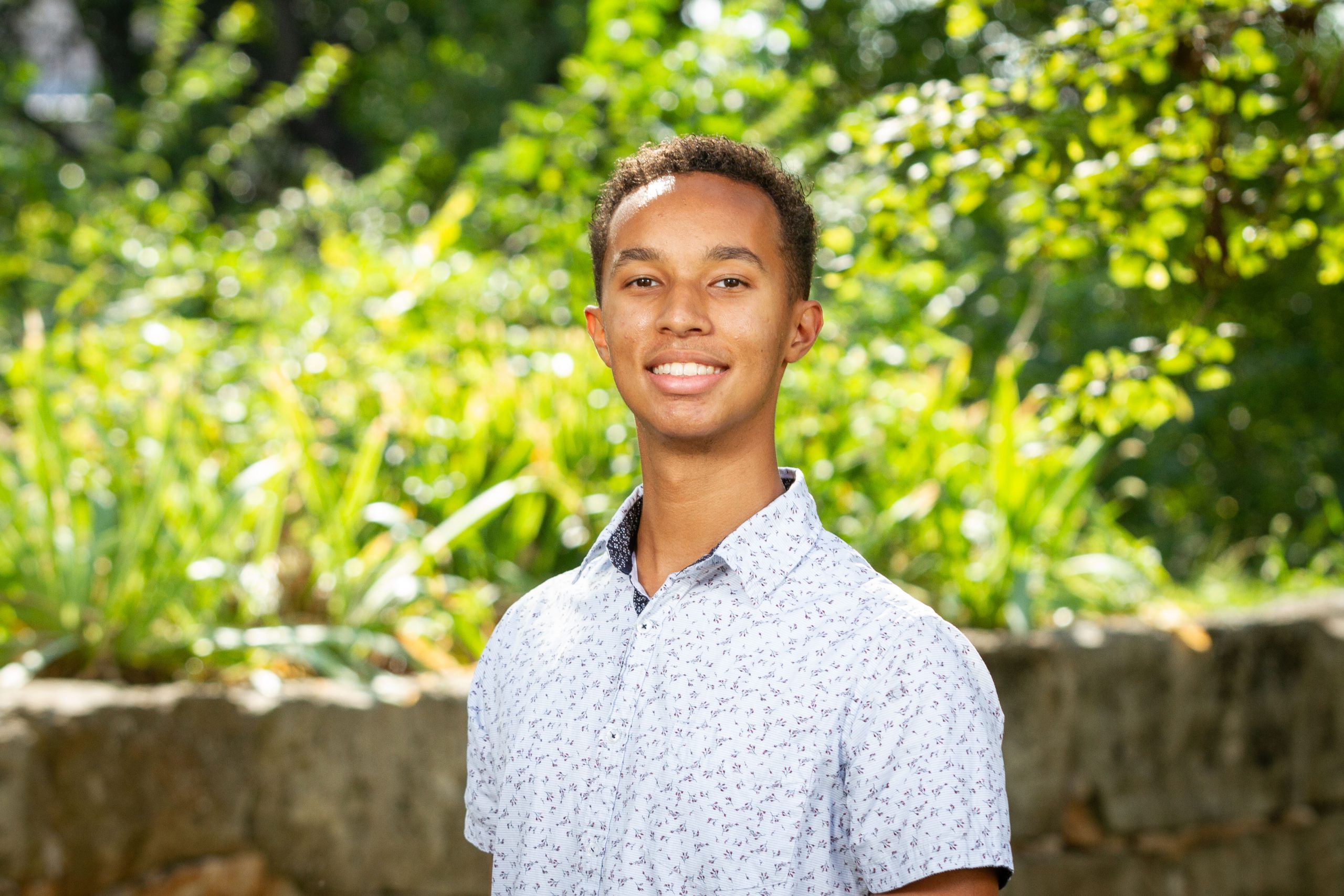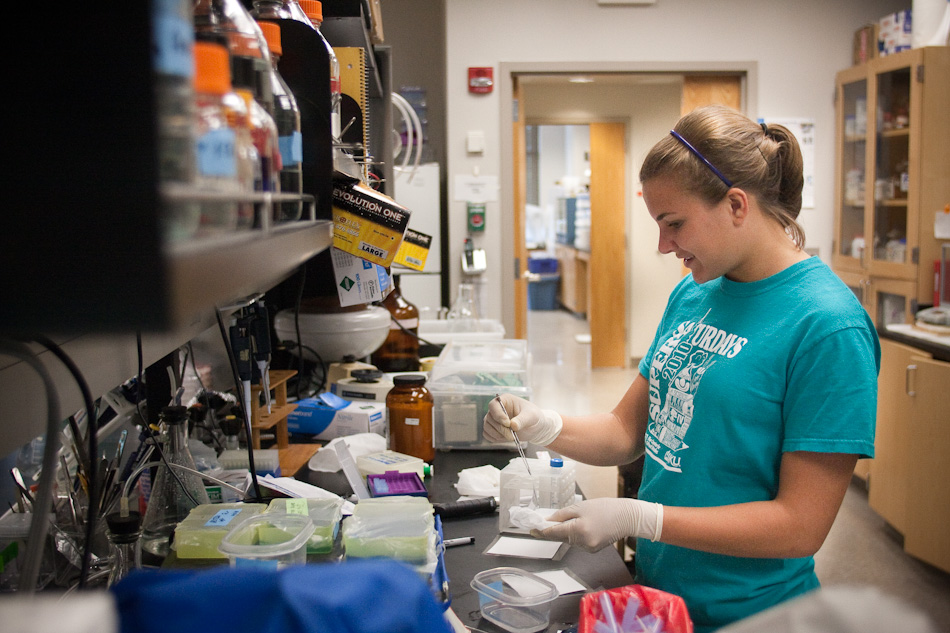Summer 5Q: Michael Phillips Develops Code for WKU Chemistry Research
August 12, 2010 | 5Q, News, People, Research, Students, Summer, WKU | No Comments

Michael Phillips (Marshall, ’11) is spending two months of his summer working full-time on a research project in the WKU Department of Chemistry under the direction of Dr. Matthew Nee.
Phillips has worked independently to code and test a computational kinetic model of reactions that occur when light hits snow and tracking the associated compounds. Through this project, Phillips has helped set up future experiments in Dr. Nee’s lab while gaining an enriched programming acumen, and learning lessons about chemical kinetics and modeling. Along with this project, Phillips has also been assisting a graduate student in building a temperature-controlled infrared sample cell.
Phillips is one of eleven students from the Gatton Academy’s class of 2011 who received a Research Internship Grant from the Academy for this summer. The Research Internship Grants are available to Gatton Academy students in the summer between their junior and senior years to support students during summer research experiences.
Recently, we caught up with Phillips in his Snell Hall lab to get a picture and see how his summer research was going:
1. Tell us a little about the project or program in which you are participating this summer that the Research Internship Grant is funding.
I’m collaborating with Dr. Nee on a project in which we are studying the chemical reactions that occur when light hits snow. Specifically, I am programming a kinetic model that shows the approximate concentration of each molecule at any given time. This program will be a very good gauge to use during lab work to determine if the kinetic model is accurate.
2. What is the part of the summer experience you are enjoying most?
The part that I am enjoying the most about this summer experience is getting to see some of the highly mathematical and computational portions of chemistry.
3. How is this different from the way you think most high school students spend their summers?
Most of my friends are staying home this summer. They are going to the drive-in, hanging out, and just having fun. Others are going to GSP and beginning to understand the college experience. I have already had a taste of the college experience and am now going on to experience what it is that professionals in academia do outside of the classroom.
4. Will you be using this research experience as a launching point for any particular applications, competitions, or scholarships?
I am currently discovering the possibilities that my summer research experience could lead to. Although, the skills that have been learned and applied will be necessary for any research project in the future.
5. How does this research experience or internship fit into your educational and professional goals?
I plan on furthering my education to being a professional theoretical physicist. Not being able to observe all of your work, it is frequently helpful to create computer models of what you want to observe and running simulations. The skills I have been applying in this project match perfectly with those required for such a task.
6. What are you looking forward to the most about your second year at the Academy?
I am looking forward to furthering my education in physics while taking University Physics II next semester. I also can’t wait for my friends to return to campus from their summer breaks.










